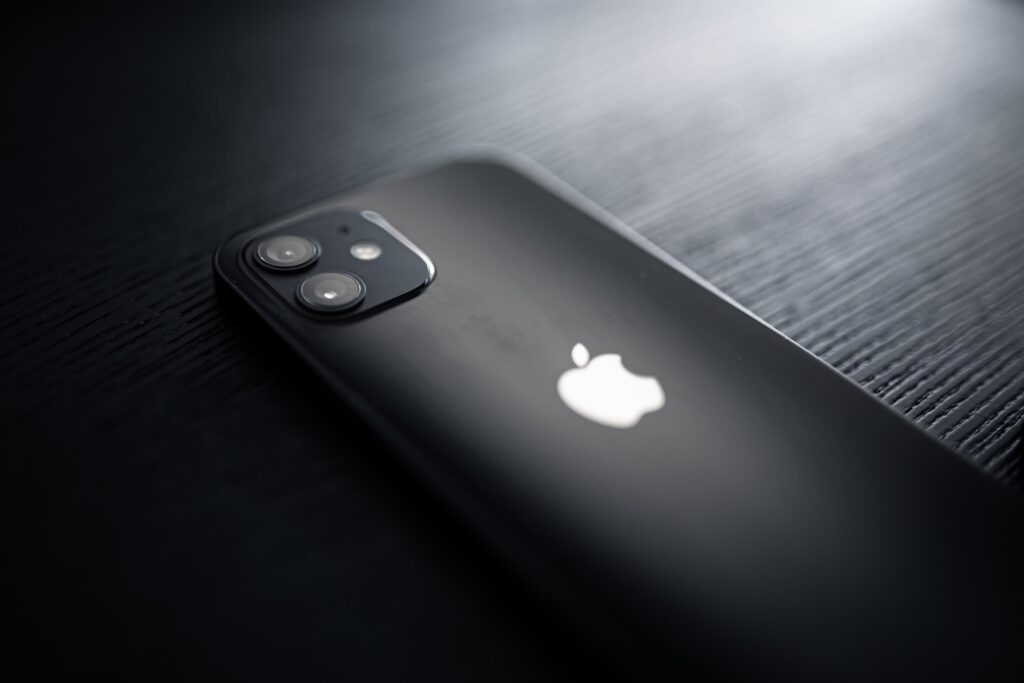At the time of writing, iOS 17 — a new major version of Apple’s iOS operating system for iPhones — is set to arrive on Monday 18 September. When iOS 17 does become available, owners of various iPhone models dating back to 2018 will be able to download and install the new software update.
It was originally announced in June, when Apple unveiled in-the-works features including Contact Posters, Standby mode and a Journal app. Not all of those are set to debut with the earliest version of iOS 17, but marketers do need to watch out for the privacy-conscious Link Tracking Protection.
What is Link Tracking Protection?
If your brand pays for ads through Google Ads or Facebook Ads, you should be familiar with the platform asking you to add a piece of tracking code to your website so that you can garner statistical insights into the numbers of visits and conversions your ads amass.
What you might not have realised is that, when one of these ads is clicked, the ad network (whether that is Google Ads or Facebook Ads) tags what is known as the ‘click ID’ to the end of the URL the clicker is sent to. This code can then help the website to collect a wide array of data about how the new visitor arrived.
However, when active, iOS 17’s Link Tracking Protection will remove the click ID before that person lands on the webpage. As a result, you won’t be able to rely on that code to see what route the visitor took to reach the site.
As you can probably already imagine, if lots of web users choose to take advantage of LTP, you could find yourself with an increasingly unreliable overall picture of how individual ad campaigns are faring. The good news is that LTP is not quite as far-reaching as you may have just assumed.
Fortunately for digital marketers, Link Tracking Protection has limitations
With Link Tracking Protection, Apple is focusing on axing user-identifiable details from URLs. This means that standard UTMs (Urchin Tracking Modules) — such as utm_source, utm_medium and utm_campaign — not identifying individual users will be left touched.
Also, by default, LTP only comes into play when these people use the Private Browsing mode in the Safari browser or share links via the Mail or Messages app. The user would have to proactively dive into a settings menu to activate LTP for regular Safari browsing as well.
How should online marketers react to iOS 17?
You can still collect user data through alternative means that also respect your website visitors’ privacy.
This data can include details provided voluntarily, like phone numbers and email addresses. You could also, when people land on your website, seek their consent to monitor what links they subsequently click on it during the visit.
We can further guide you on how to do digital marketing the privacy-conscious way. Just reach out to our team by phoning 01325 582112, emailing info@webaheadinternetltd.co.uk or filling in and submitting this contact form on the Webahead Internet website.


